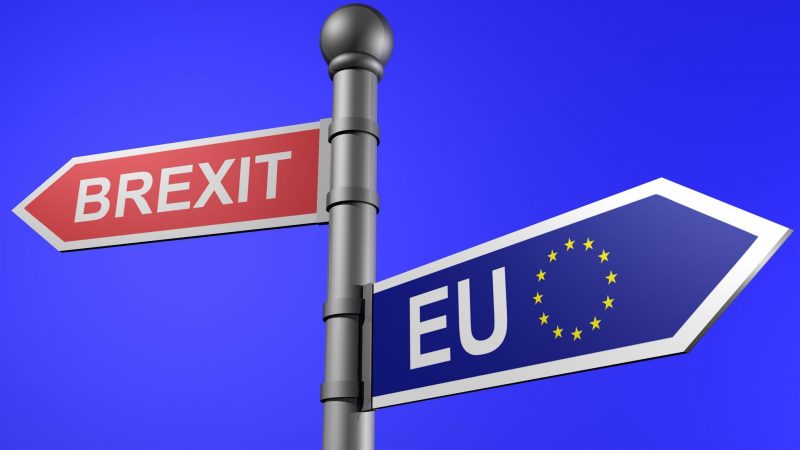On the 9th of July Brexit Secretary David Davis resigned. In his resignation letter, Mr Davis criticised the PM’s Brexit plan – agreed by the cabinet on Friday – saying it would leave Parliament with “at best a weak negotiating position”.
The context
Uk after voting for Brexit will leave Eu on 29 march, 2019. The period of 2019-2020 is called a transition period, while the new schemes of collaboration of UK and EU will be installed. During this transition period the rule of the free movement will be legal (the demand of EU). The wide discussions of EU leaders are now concentrated on the further strategy of the collaboration with the post-Brexit UK. The key points of discussion are: trade rules, travel and security.
What’s going on?
May’s positions with the resignation of the Brexit secretary becomes weaker. The pro-Brexit front loses its unity. May stands between 2 opposite camps: 1) Brexit-camp – those which opose plans to bring national customs duties after Brexit in the same line with the duties of the EU (this camp insists on the complete withdrawal of the UK from the EU market and the custom union) 2) Globalist camp *eurobureaucrats, owners of the transnational business) – they insist on the correlation of the UK custom duties with the EU’s ones (for them this act will largely simplify trade between states). In the same time US President Donald Trump is coming to UK in order to discuss the new trade axis between London and Washington. May appears at once to be between 3 fires: Brexit-camp, globalists and the growing pressure of US and Trump, who is now the leader of anti-EU and anti-China trade war.
The difficulties of Brexit
The pro-Brexit camp insist on a full-fledged break with the EU, especially in the sphere of customs. However, Brussels has an important loophole and the core, where they can press – the borders of Northern Ireland. The European bureaucrats are very tough on ensuring that there are no inspections in the region and there are no new border control points. In December, May agreed to this condition – but now has to maneuver among the indignant parliamentarians to try and combine an independent trade policy with an open Euro-border. In any case, May as can delay the moment.
The problem is that the scenario of “soft Brexit” will mean only a formal exit of Britain from the EU, but in reality the mechanism in Northern Ireland will mean the comprehensive implementation of the relevant rules of the single EU market.
David Davis, the brexit secretary, called May’s plan unworkable, and already criticized the customs proposals in advance before leaving his post. In his estimation, “facilitated customs agreements” jeopardize the UK’s plan to establish its own tariffs for imported goods. Davis fears that the EU will simply block protectionist proposals.
May is under intense pressure not only from EU leaders, but also from transnational corporations. For example, the British largest vehicle manufacturer Jaguar Land Rover has already expressed dissatisfaction and announced heavy losses from Brexit (more than 1.2 billion pounds per year), and BMW and Aerobus threatened to leave the British market due to “threats to production processes.”









Leave a Reply